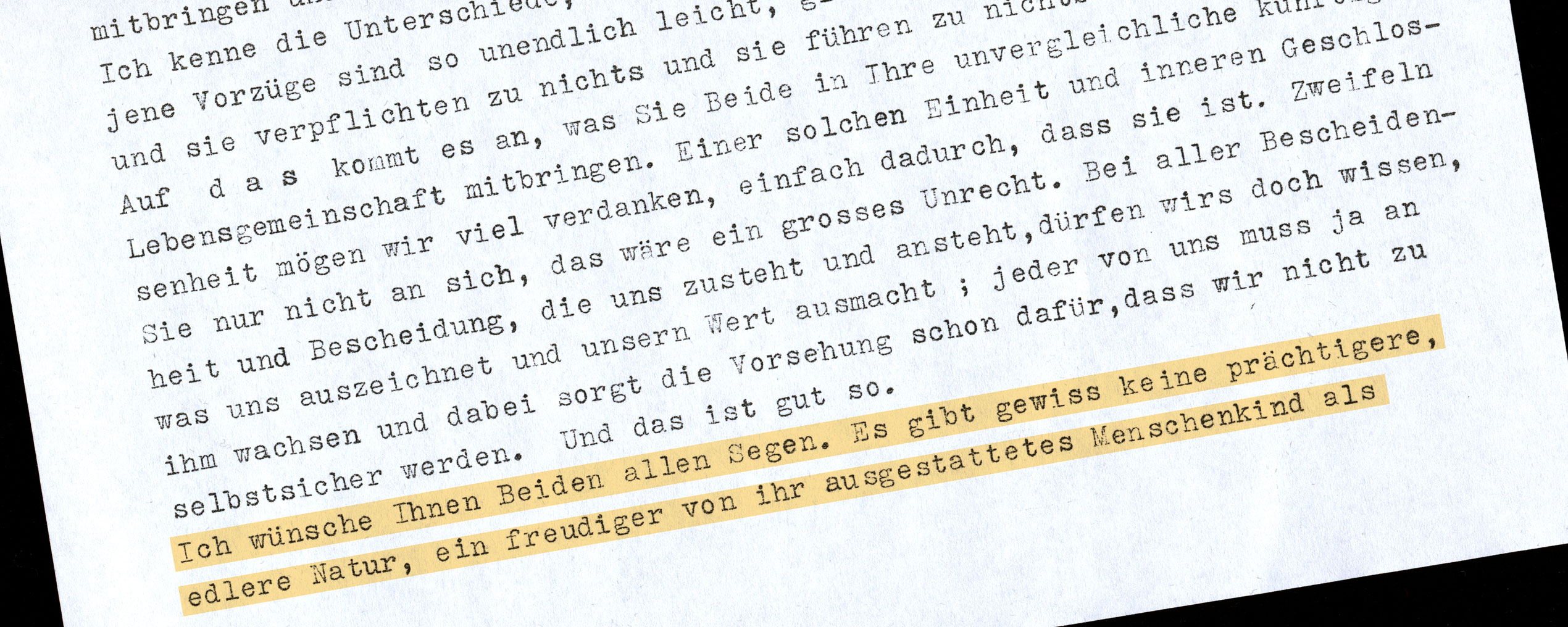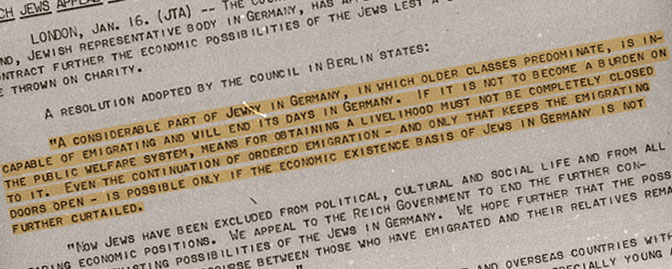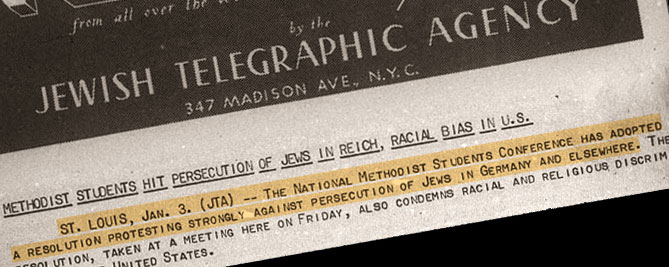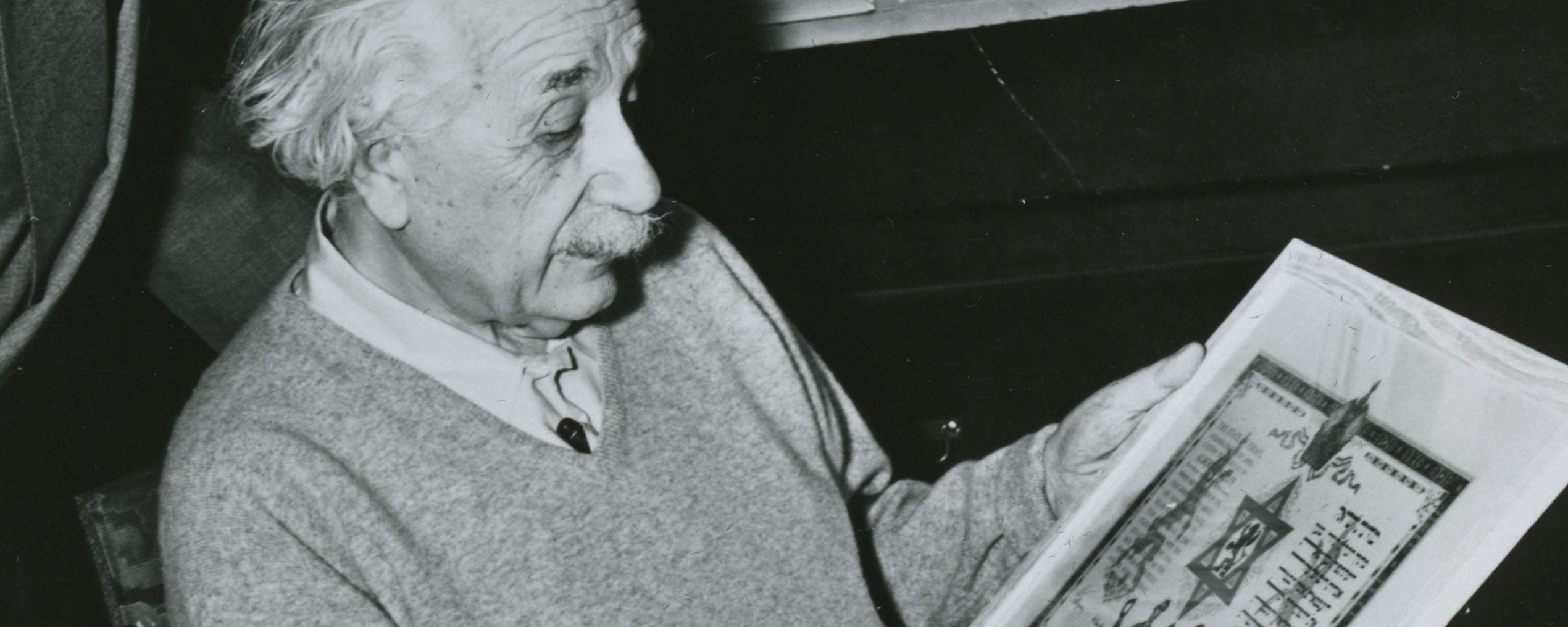The Fifth Column
Antisemitic decrees in Romania
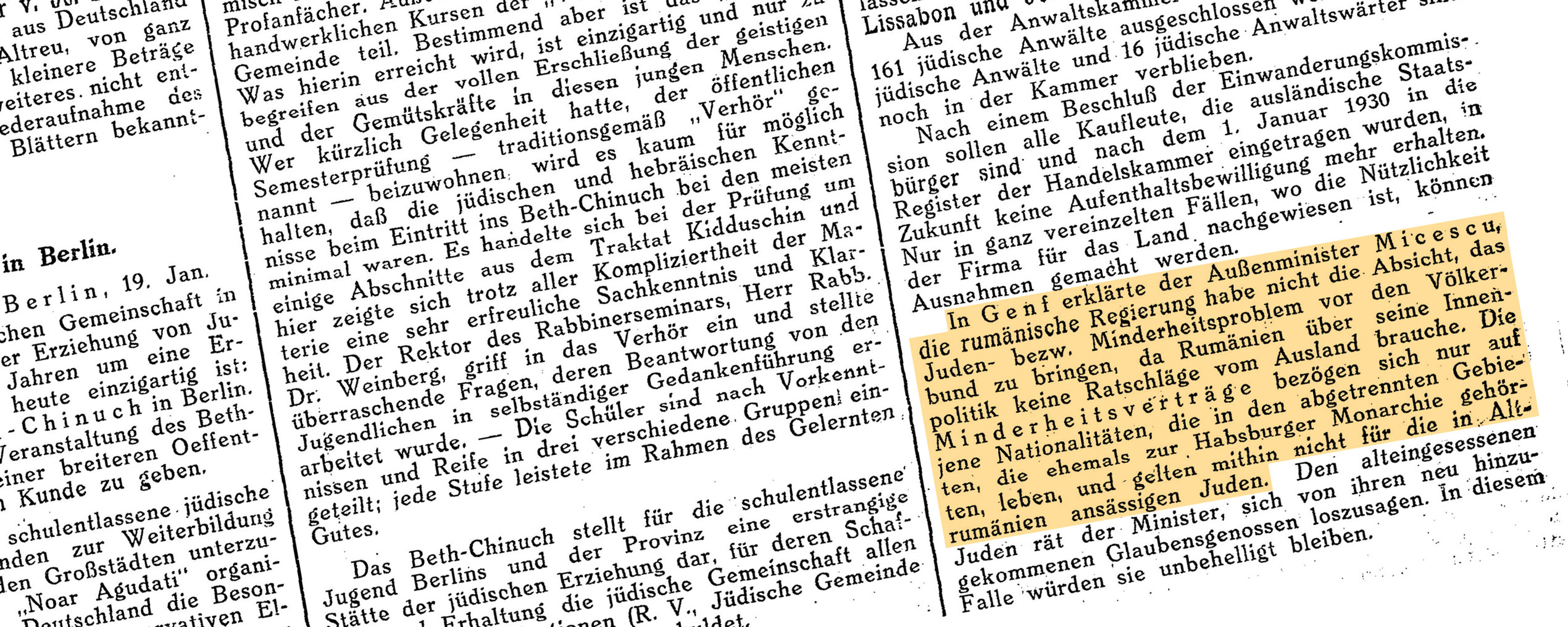
Foreign Minister Micescu declared in Geneva that the the Romanian government does not intend to bring the Jewish resp. the minorities problem before the League of Nations, since Romania is not in need of advice regarding its domestic politics from abroad, and that the Minorities Treaties refer only to those nationalities living in separate territories which used to be part of the Hapsburg Monarchy and do not apply to Jews residing in the Old Kingdom.
Geneva/Bucharest
In the 78th and last year of its existence, the orthodox weekly Der Israelit reports on measures of the anti-semitic, pro-German Goga-Cuza government in Romania: The country’s Jews were subjected to various chicaneries and occupational bans similar to those in Germany. As a result of gains in territory and population in WWI, about 30% of Romanians belonged to minority groups, who were seen as a “Fifth Column.” Jews especially were the object of fears and suspicions which easily turned into violent hatred.
SOURCE
Institution:
Compact Memory, Universitätsbibliothek Frankfurt am Main 
Collection:
“Die neue jüdische Lage in Rumänien.” Der Israelit (Frankfurt am Main) 
Original:
Vol. 1938, No. 4: 6–7








































